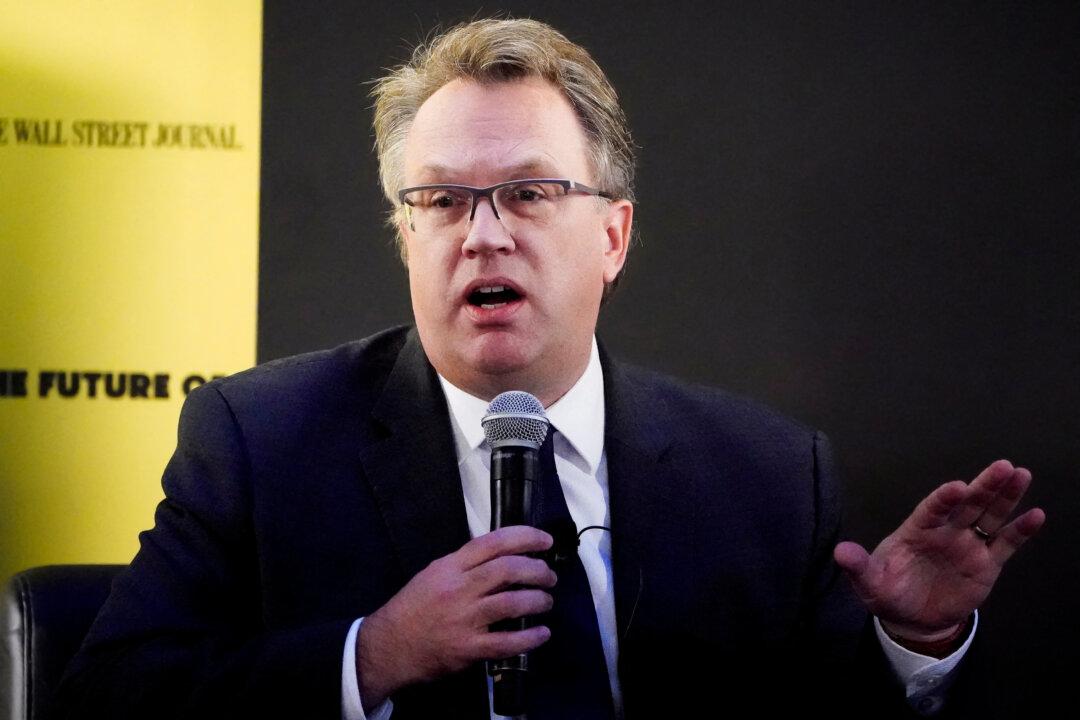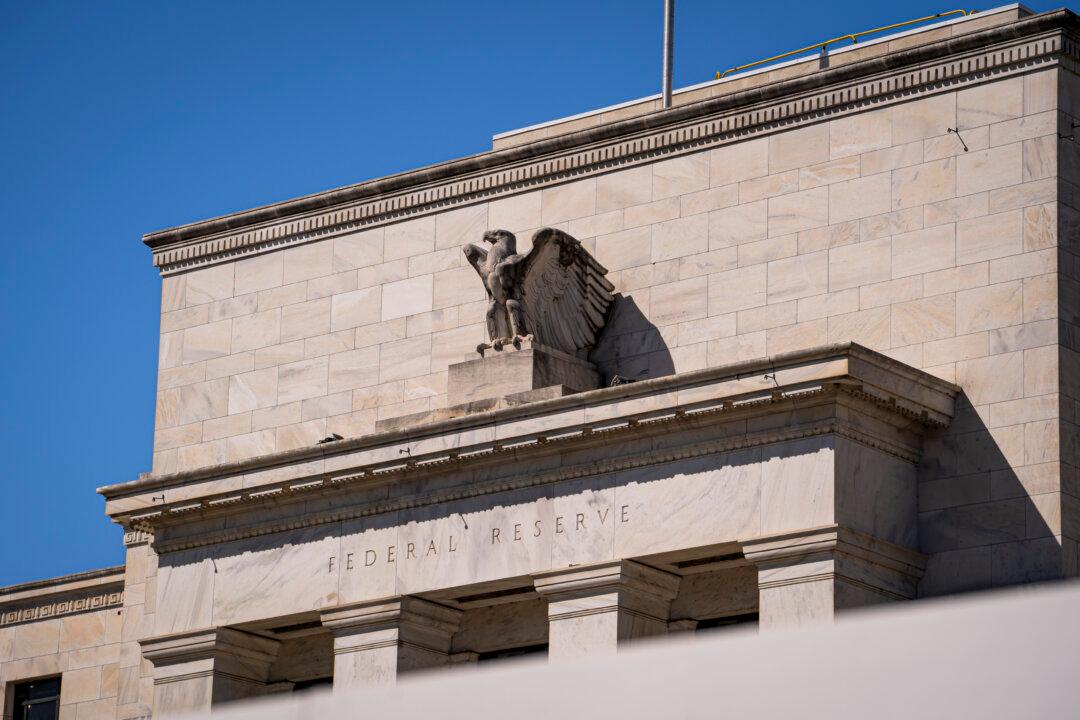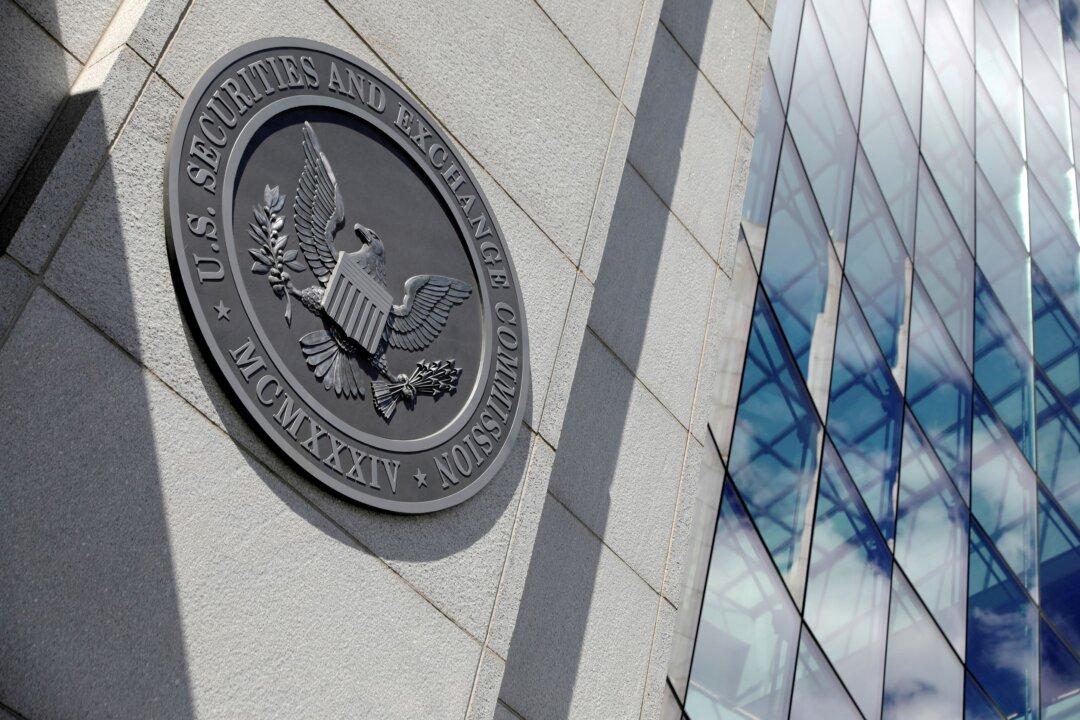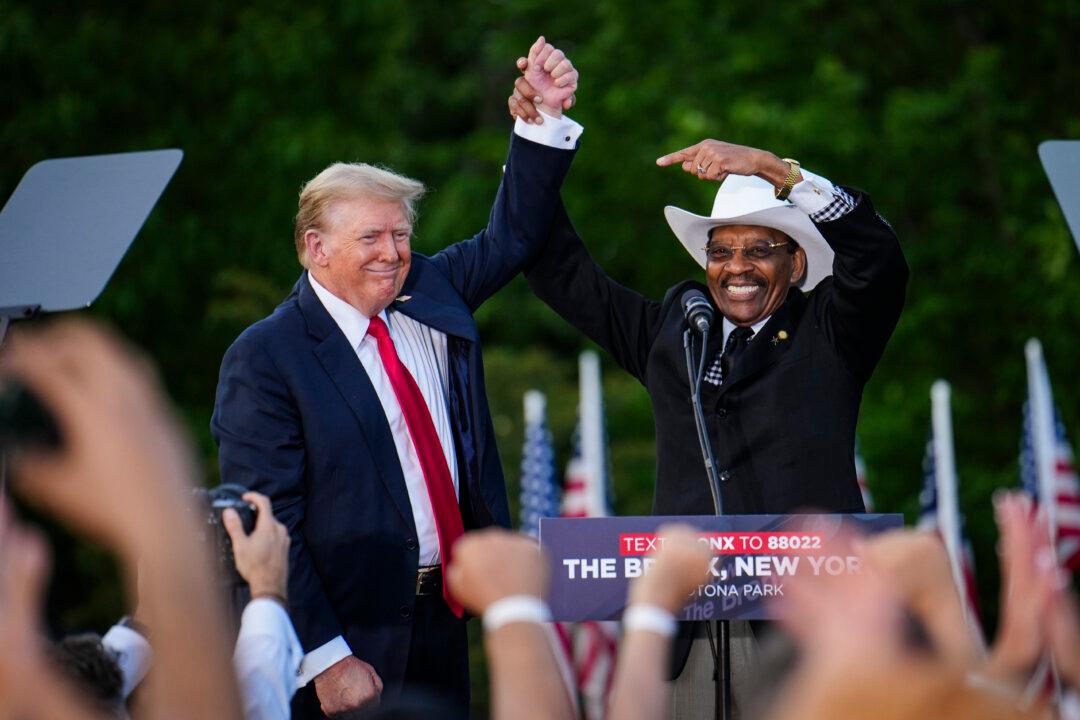Federal Reserve Chair Jerome Powell admitted during a panel discussion that the Fed lacks understanding about inflation, which is at a 40-year high in the United States.
“I think we now understand better how little we understand about inflation,” Powell said at the European Central Bank’s annual policy forum in Sintra, Portugal, on Wednesday. “This was unpredicted,” he added.




